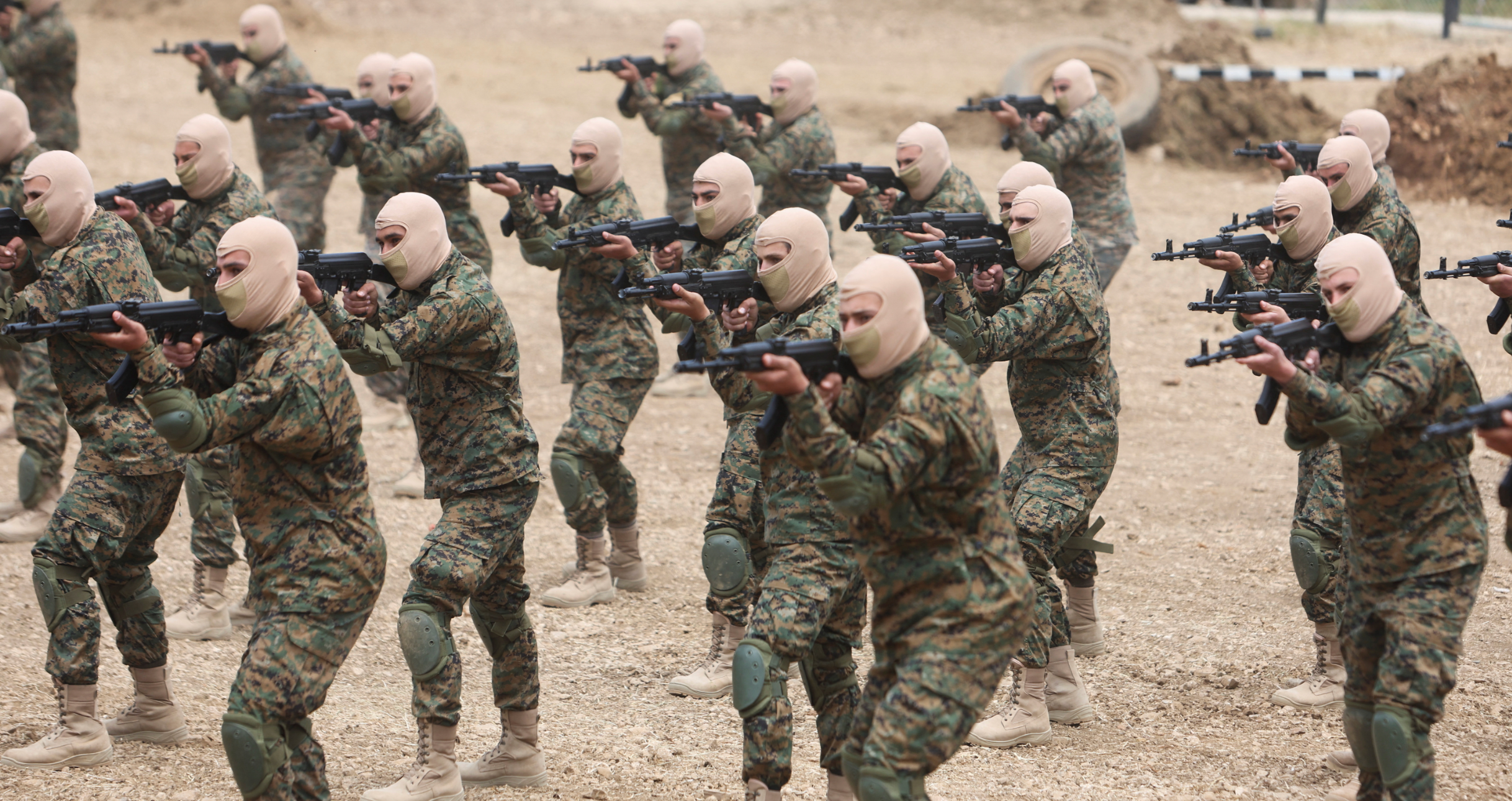
Israel says Hamas rejects key elements of US ceasefire plan for Gaza
PHOTO CAPTION: A tank maneuvers near the Israel-Gaza border, amid the ongoing conflict between Israel and the Palestinian Islamist group Hamas, in Israel, May 27, 2024. REUTERS/Amir Cohen
By Maayan Lubell and Nidal al-Mughrabi
JERUSALEM/CAIRO (Reuters) -Hamas formally responded on Tuesday to a U.S. ceasefire proposal for the eight-month-old war in the Gaza Strip, and Israel said the response was tantamount to a rejection while a Hamas official said the Palestinian group merely reiterated longstanding demands not met by the current plan.
Egypt and Qatar said they had received Hamas' response to a proposal outlined by U.S. President Joe Biden on May 31 but did not disclose the contents.
The Hamas official, who declined to be identified, told Reuters the response reaffirmed its stance that a ceasefire must lead to a permanent end to hostilities in Gaza, withdrawal of Israeli forces, reconstruction of the Palestinian enclave and release of Palestinian prisoners in Israel.
"We reiterated our previous stance. I believe there are no big gaps. The ball is now in the Israeli courtyard."
The United States has said Israel accepted its proposal, but Israel has not publicly said this. Israel, which has continued assaults in central and southern Gaza, among the bloodiest of the war, has repeatedly said it would not commit to an end of its campaign in Gaza before Hamas is eliminated.
An Israeli official said on Tuesday the country had received Hamas' answer from the mediators and that Hamas "changed all of the main and most meaningful parameters."
The Israeli official, who spoke on condition of anonymity, said Hamas "has rejected the proposal for a hostage release that was presented by President Biden."
Earlier a non-Israeli official briefed on the matter, who declined to be identified, said Hamas proposed a new timeline for a permanent ceasefire with Israel and withdrawal of Israeli troops from Gaza, including Rafah.
The U.N. Security Council on Monday backed a U.S. resolution supporting the proposal outlined by Biden. Hamas official Sami Abu Zuhri told Reuters on Tuesday before mediators received the group's response that Hamas accepted the Security Council resolution and was ready to negotiate over the details of a ceasefire.
Also on Tuesday, Hamas and its ally Palestinian Islamic Jihad expressed "readiness to positively" reach a deal to end the war in Gaza in a joint statement on Tuesday, which some interpreted as acceptance of Biden's proposal.
U.S. Secretary of State Antony Blinken, in Tel Aviv to meet Israeli officials, called this a "hopeful sign" but said it was not conclusive.
More important "is the word coming from Gaza and from the Hamas leadership in Gaza. That’s what counts, and that’s what we don’t have yet," Blinken told reporters in Tel Aviv.
CEASEFIRE PLAN
Biden's proposal envisages a ceasefire and phased release of Israeli hostages in Gaza in exchange for Palestinians jailed in Israel, ultimately leading to a permanent end to the war.
This would be a three-phase plan starting with an initial six-week ceasefire with an Israeli military withdrawal from populated areas of Gaza and the release of some hostages while "a permanent end to hostilities" is negotiated through mediators.
The White House did not immediately respond to a request for comment on the Israeli official’s remarks on Tuesday. Earlier U.S. officials said they were reviewing Hamas’ response, as did Qatar and Egypt.
For months, negotiators from the U.S., Egypt and Qatar have been trying to mediate a ceasefire in the enclave of 2.3 million people.
Israel is retaliating against Hamas, which rules Gaza, over an Oct. 7 attack by its militants.
More than 1,200 people were killed and over 250 taken hostage by Hamas on Oct. 7, according to Israeli tallies. More than 100 hostages are believed to remain captive in Gaza.
Israel launched an air, ground and sea assault on the Palestinian territory, killing more than 37,000 Palestinians, according to Gaza health authorities.
(Reporting by Daphne Psaledakis in Tel Aviv, and Nidal al-Mughrabi in Cairo; writing by Cynthia Osterman; editing by Josie Kao)









